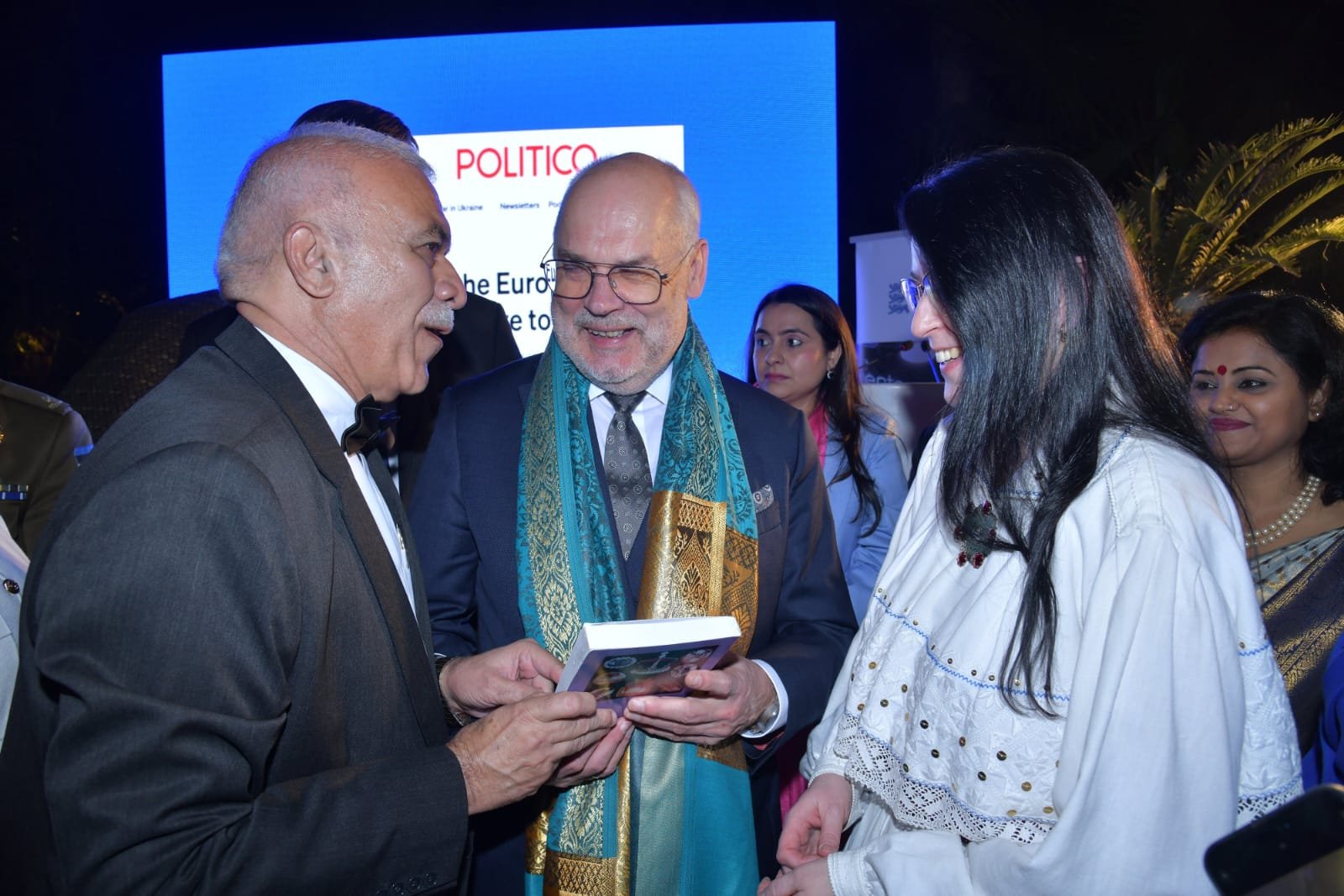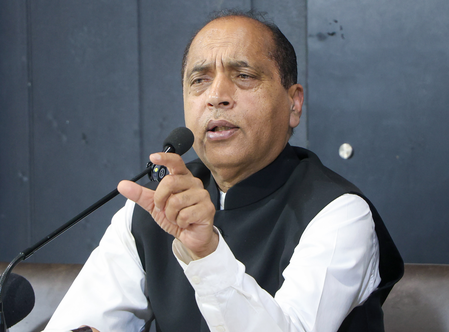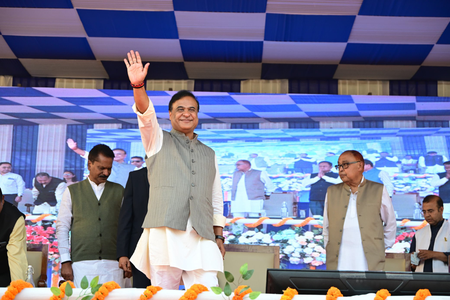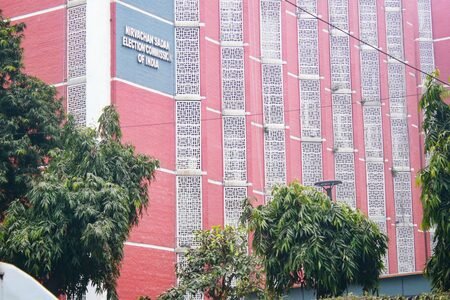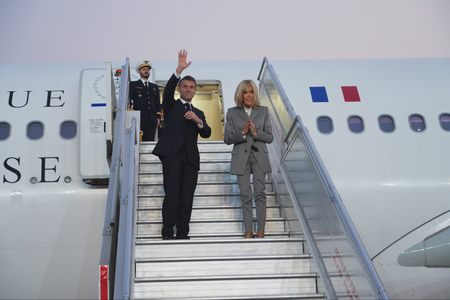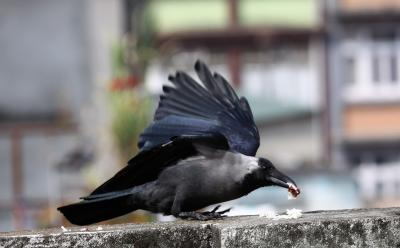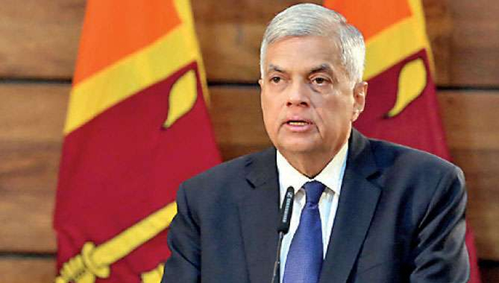
Colombo, July 31 (IANS) After deciding not to back President Ranil Wickremesinghe, Sri Lanka’s largest political party in parliament split into two with 92 lawmakers pledging support for his re-election.
A large number of MPs of former President Mahinda Rajapaksa’s party, Sri Lanka Podujana Peramuna (SLPP) promised their unconditional support for the victory of Wickremesinghe in the upcoming presidential election set for September 21.
Among those who supported Wickremesinghe were Prime Minister Dinesh Gunawardena, Foreign Minister Ali Sabry and a number of Cabinet Ministers and State Ministers who joined him to recover the economy since former President Gotabaya Rajapaksa fled the country in 2022 amidst severe financial crisis and street protests. Away from the country Gotabaya, who promised the support of his party SLPP, had invited Wickremesinghe to take over the country.
“Under President Ranil Wickramasinghe’s leadership, Sri Lanka has made significant strides in overcoming the most severe crises in the history. To prevent a return to such challenging times, it is essential to continue supporting President Wickramasinghe’s vision and initiatives. We need to protect the country before our political views,” State Minister of Finance Sehan Semasinghe, who joined Wickremesinghe, posted on social media platform X.
“There are more to join President Wickremesinghe,” State Minister of Defence Pramitha Bandara Tennakone who joined Wickremesinghe told reporters.
Despite an invitation by President Wickremesinghe to join his Presidential race, Rajapaksa’s party has decided to field a rival candidate. Rajapaksa’s son Namal Rajapaksa has accused Wickremesinghe of splitting the party created by his uncles Basil and Gotabaya.
Last week, President Wickremesinghe announced his candidacy as an independent candidate while opposition leader Sajith Premadasa from Samagi Janabalawegaya (United People’s Power) and Anura Kumara Dissanayake from the Marxist party National People’s Power announced their plans to contest for the election.
At the decisive election since the worst-ever economic crisis the South Asian island nation faced, around 17 million out of 22 million population is eligible to cast their votes.


